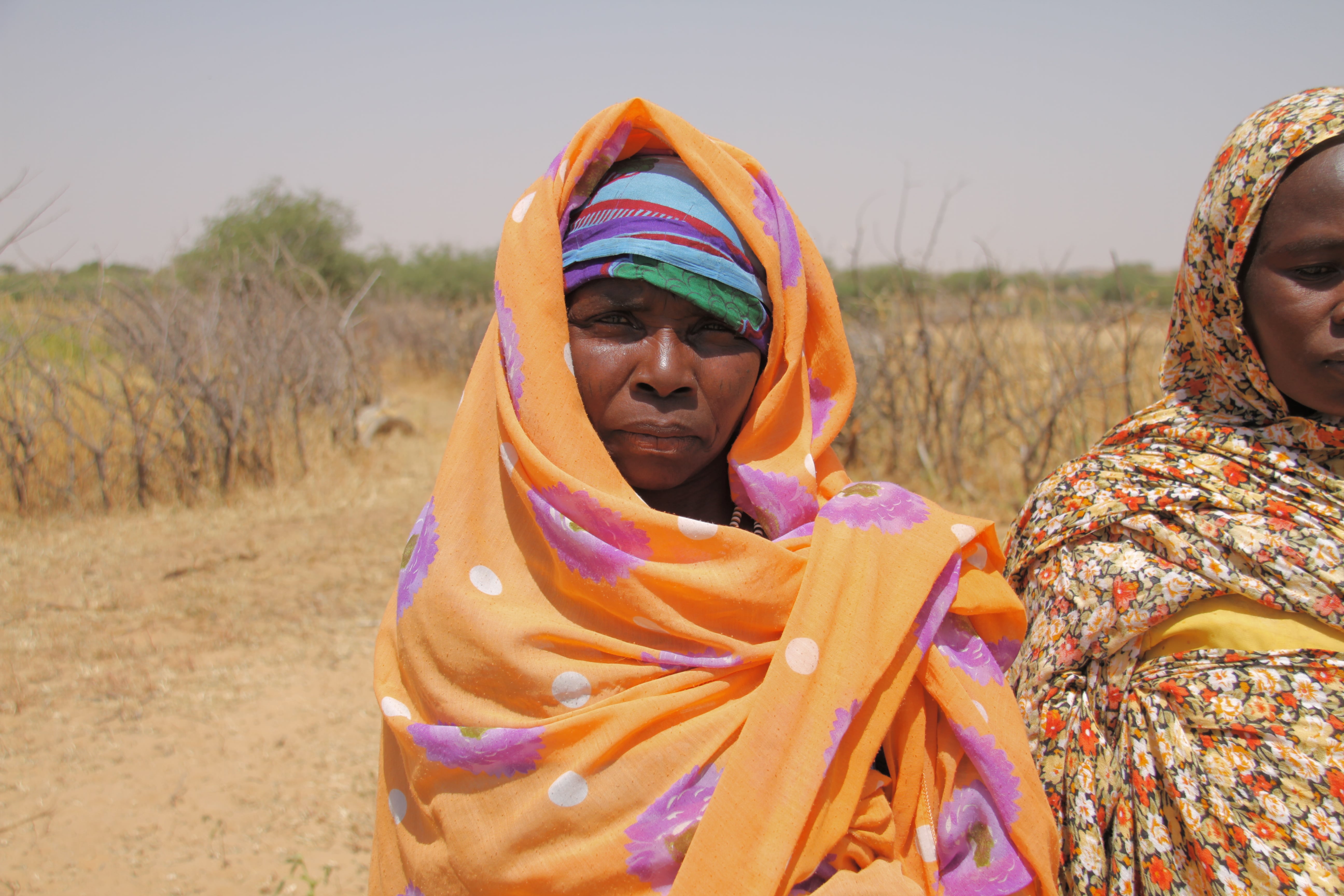Daza
Introduction / History
The Daza are a rugged Muslim people who live in northwestern Chad and Niger. Those in Chad primarily inhabit the southern fringes of the Sahara Desert. They have the reputation of being fierce and independent, and they are organized by tribes and clans. Although their tribal chiefs have some influence, they have little actual control over the clans.
The Daza are known for their fighting and are disliked and feared by some of their neighbors. Many Daza, including the women, carry daggers under the sleeves of their garments. They think highly of themselves and take pride in their reputation as warriors. They are well known for their ability to go for long periods of time with little food or water.
Although the Daza have black skin, many have facial features associated with Caucasians. One theory suggests that they once intermarried with Europeans. Today, some intermarry with Arabs, which may also yield a lighter skin color in later generations.
What Are Their Lives Like?
Traditionally, the Daza raised cattle, camels, and goats. Unfortunately, the expanding Sahara Desert has destroyed many of the pasture lands that are necessary for supporting cattle. Today, the men occasionally find steady work in towns or cities. Daza women work at home and are responsible for cooking and cleaning. Income is primarily received from selling animals.
Daza men wear loose-fitting draw-string pants under long-sleeved robes. Their clothing is usually white, and they often wear turbans or small Muslim caps. Daza women traditionally wear long wrap-around dresses and head coverings. Modesty requires that women cover their arms, legs, and heads. Jewelry is also an important part of the women's adornment. Although the Daza are not required to wear veils, they often wear them for protection against the sun, dust, or cold weather.
Daza society is male-dominated. Marriages are often arranged, and gifts are exchanged between the couples' families. Some of the Daza practice polygamy, since Islam allows the men to have up to four wives. A second wife is especially desirable if the first wife does not conceive. Close relationships tend to be directed outside the home, rather than within the family. Marriage is not thought of in romantic ideals, and divorce is common.
Most Daza draw their water from wells, and often it is not very clean. Although their shelters are adequate, they do not provide protection from malaria-carrying mosquitoes. Sanitation and health services are poor, and most Daza have no access to electricity.
What Are Their Beliefs?
Islam is part of the Daza's cultural identity. There is great social pressure to participate in prayers and fasting. Giving to the poor is also very important. Though strictly committed to Islam, the Daza do incorporate some animistic practices (belief that non-living objects have spirits) into their religious activities. These include animal sacrifices to obtain healing. Islam seems to have very little impact on personal character, especially among the youth, which suggests that the Daza are Muslim in name only. However, there are still many devout and sincere Muslims among the Daza.
Unfortunately, Christianity has had no real influence on the Daza. The harsh desert climate and geographical remoteness of the region have made it an uninviting place for missionary work. It has been only recently that some evangelical ministries have focused their attention on the Daza.
What Are Their Needs?
Many Daza lost nearly everything they had during the severe droughts of the 1970s and 1980s. As a whole, the Daza are very poor and diseases are common health concerns. There are no medical facilities available to most Daza. Even in the few towns where there are medical clinics, medicines are often not available and clinic conditions are inadequate. Common social problems include divorce, adultery, prostitution, and slavery.
Resourced by Joshua Project

